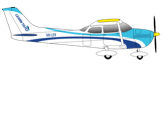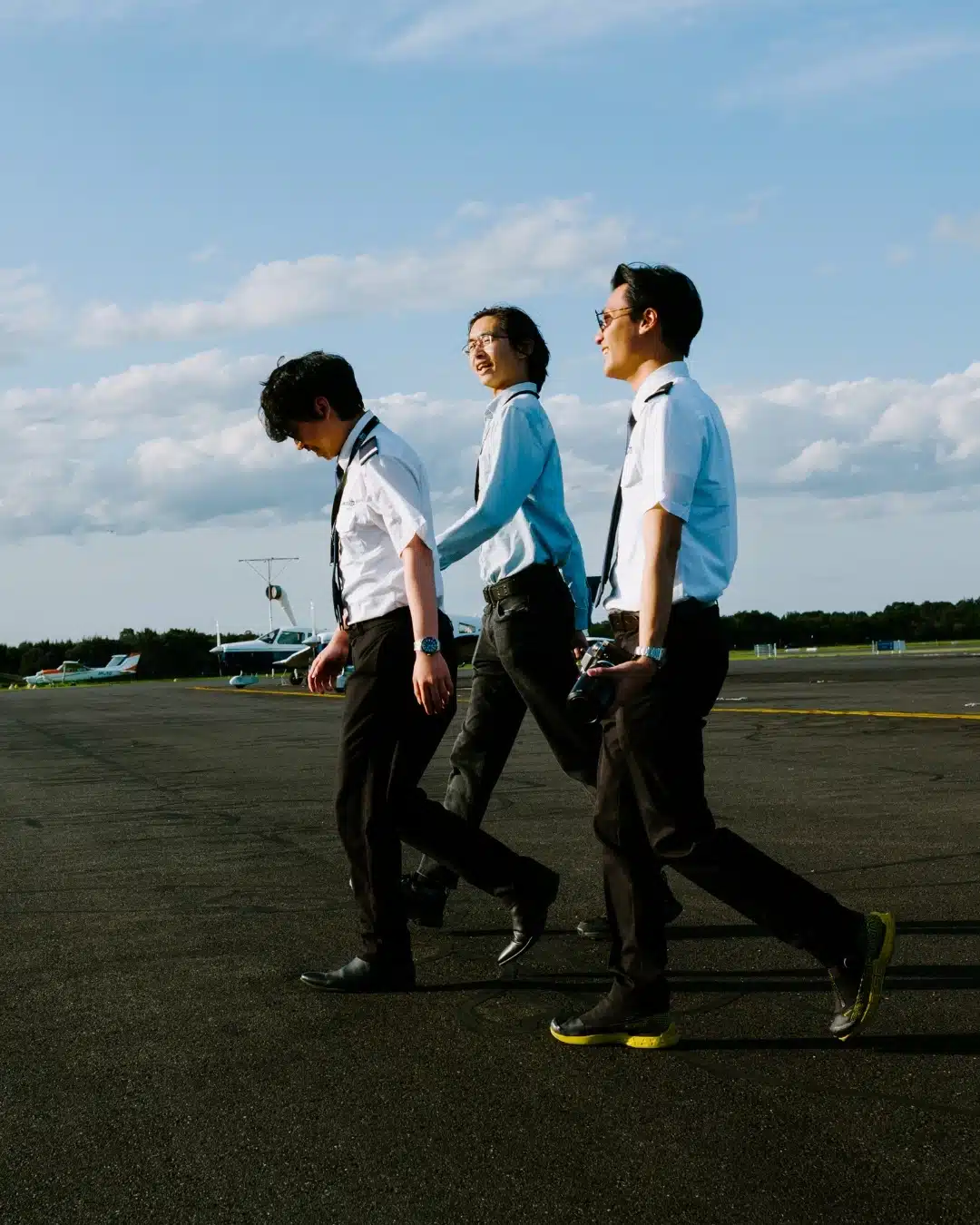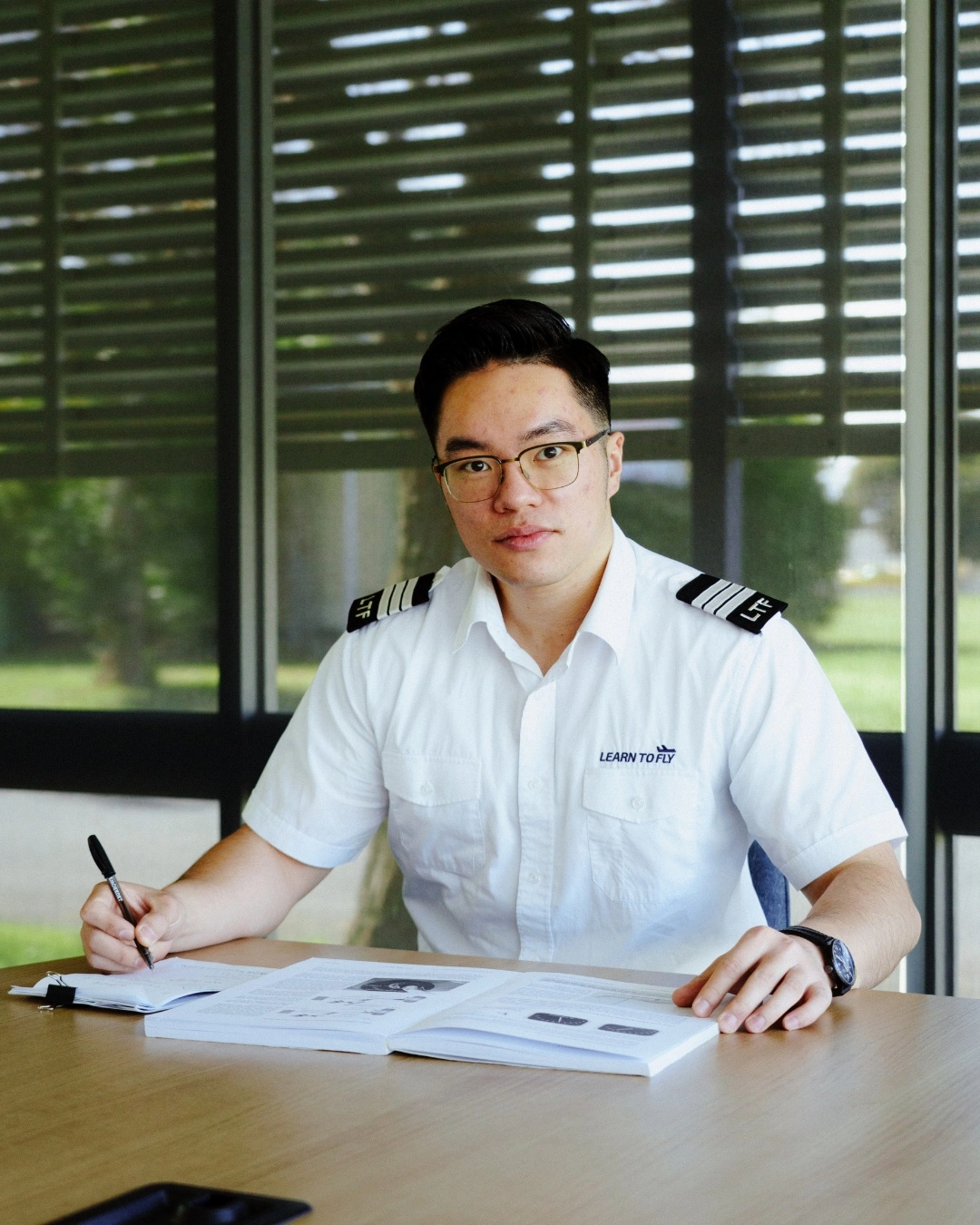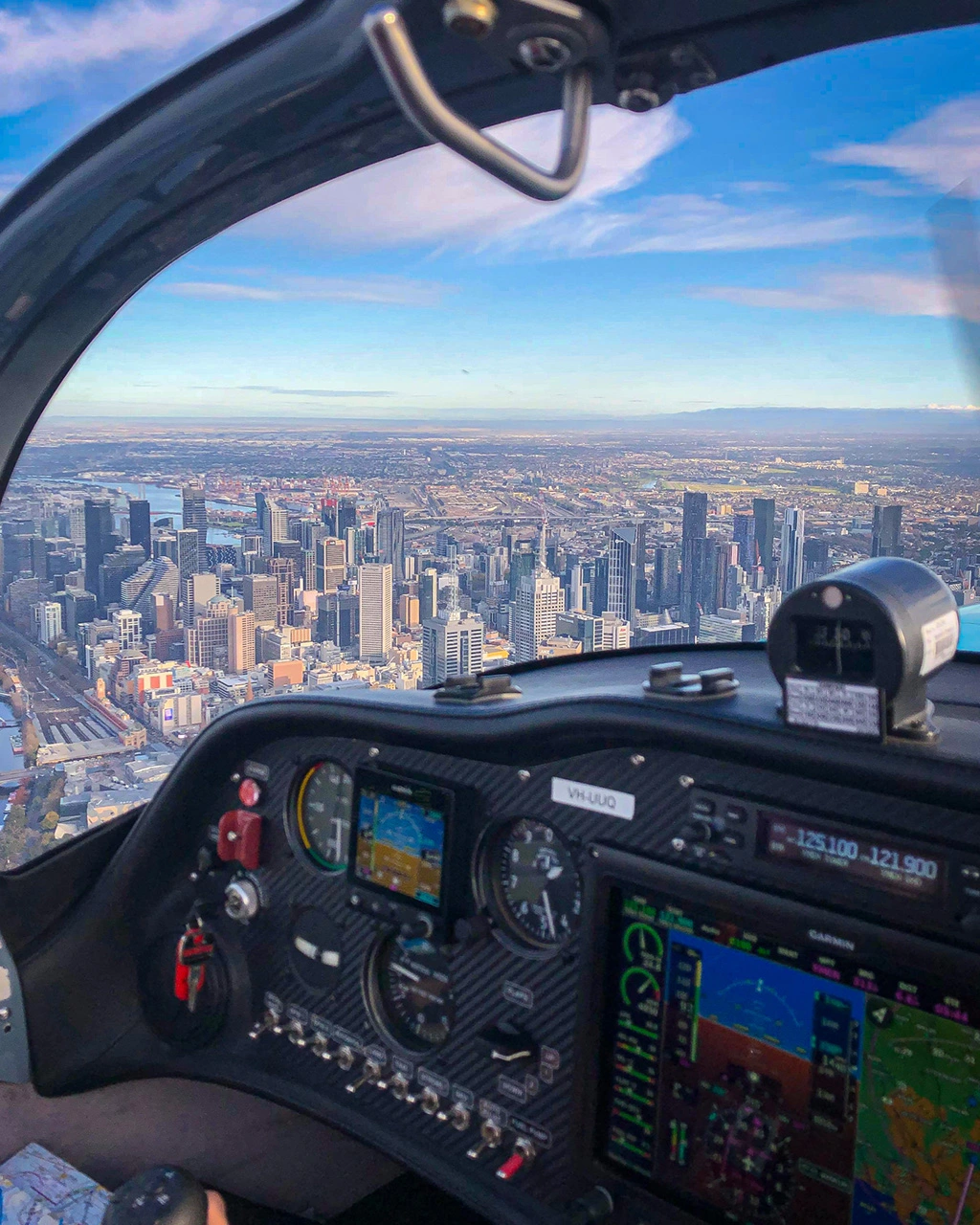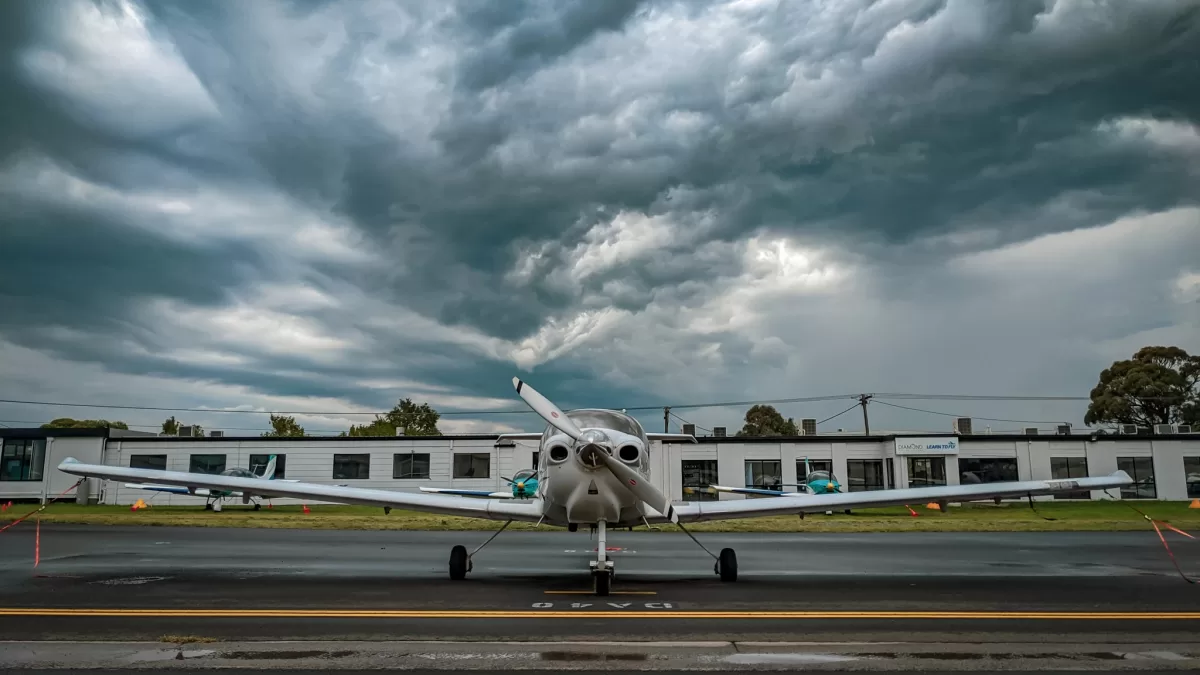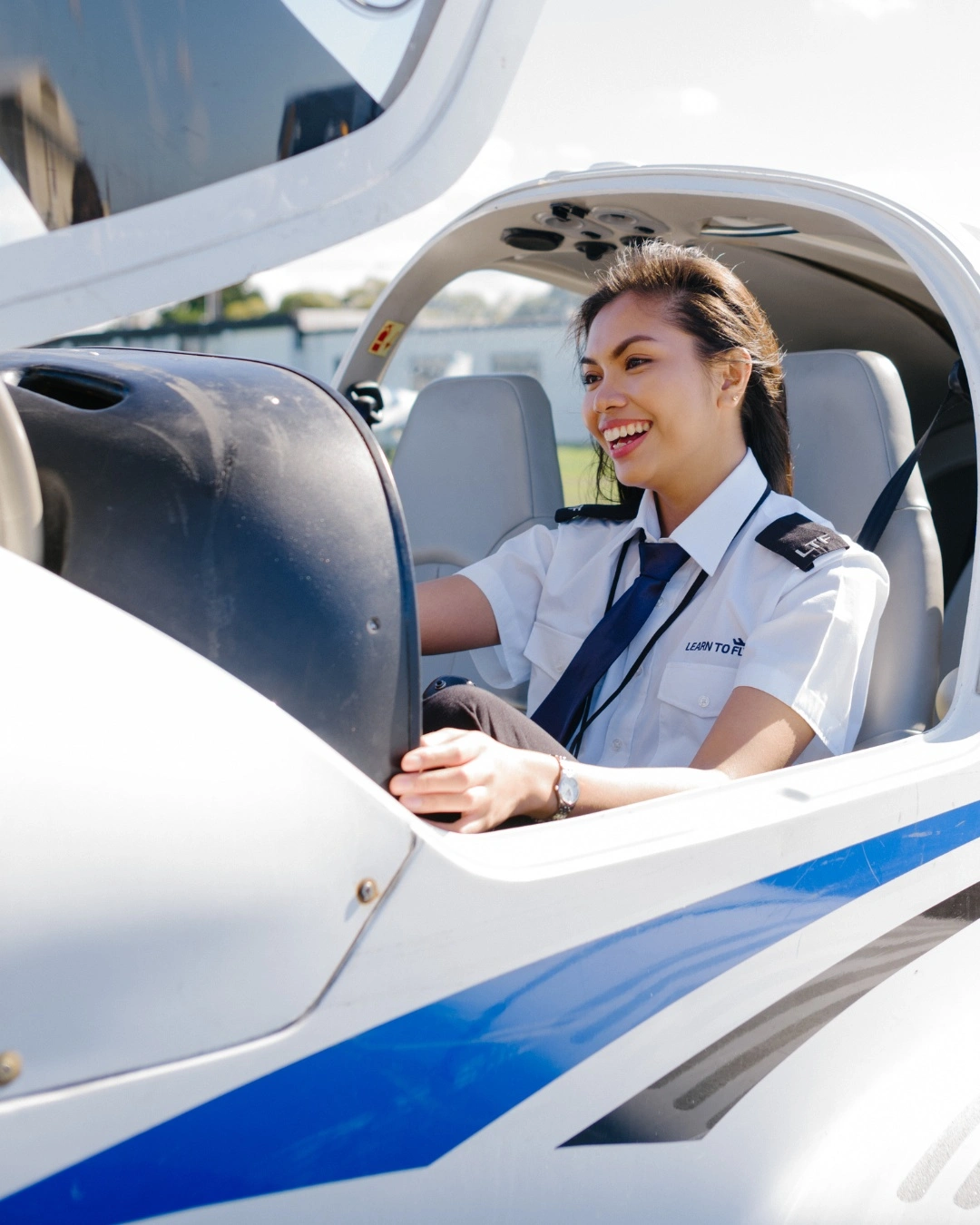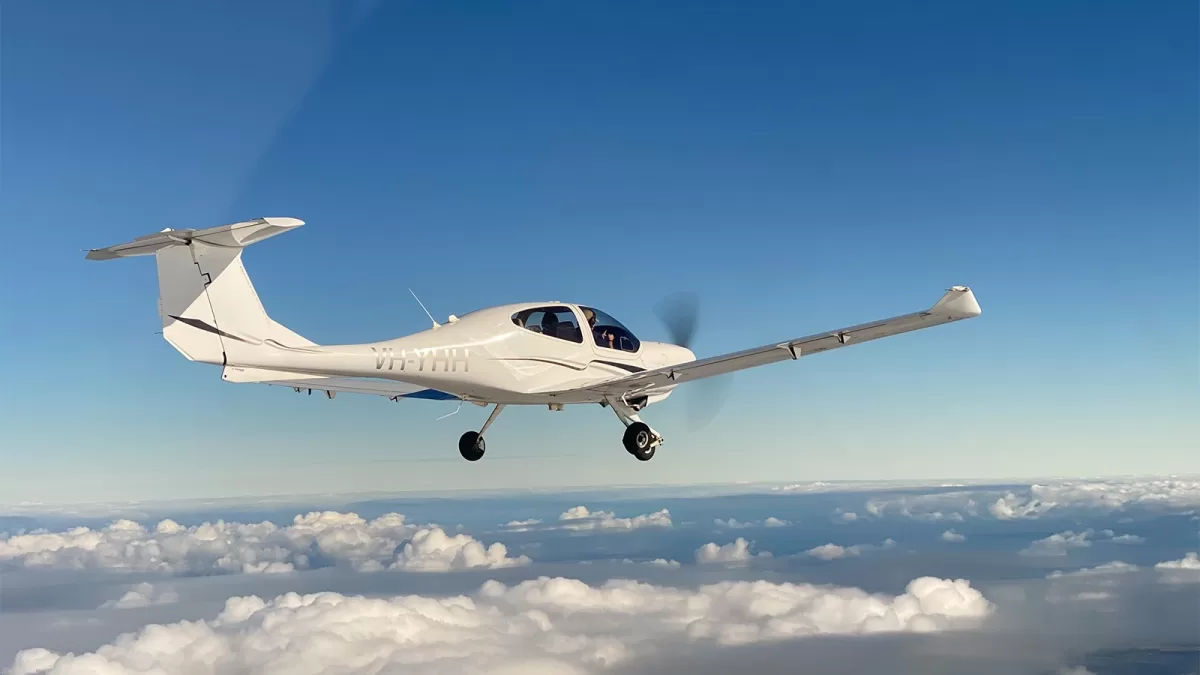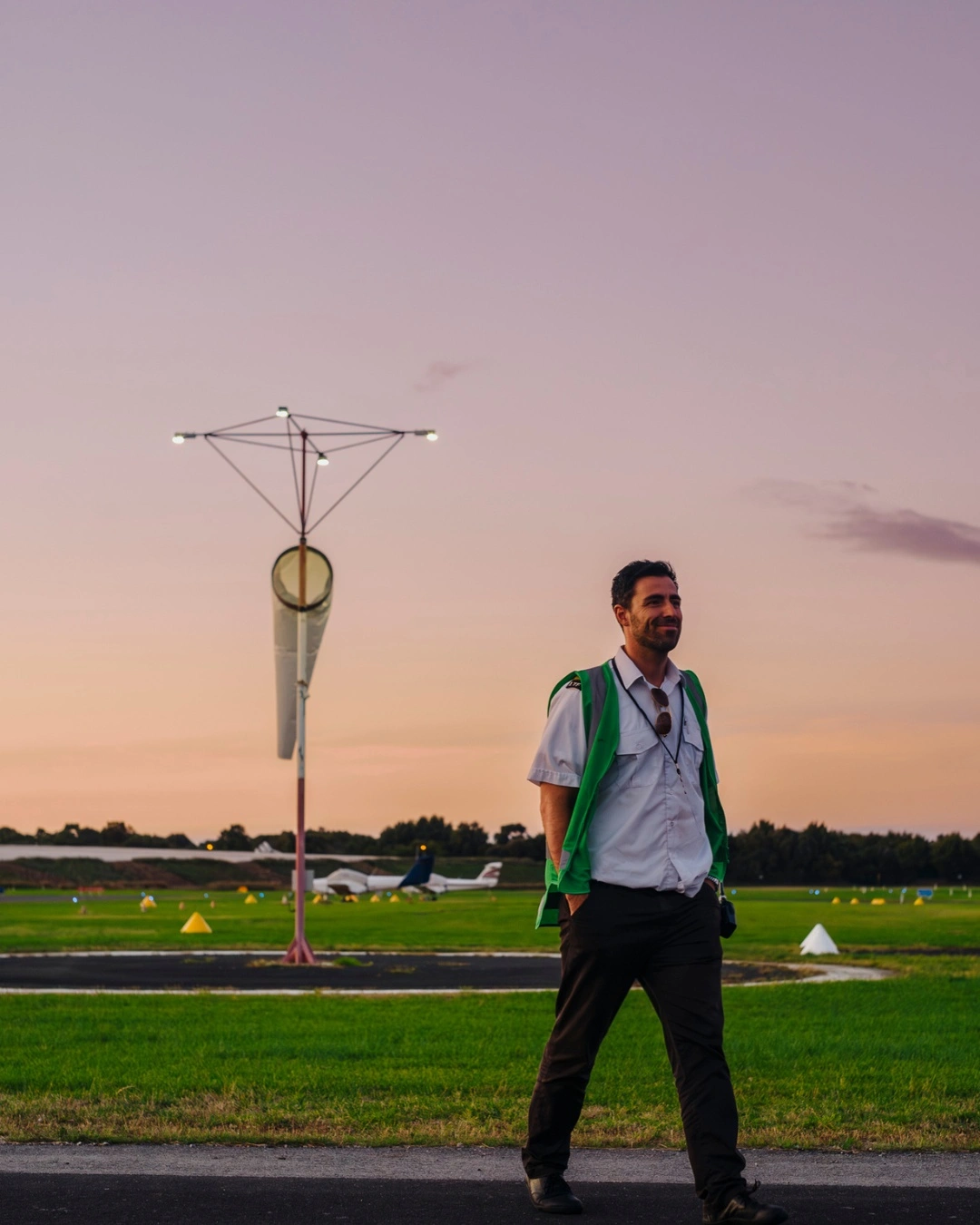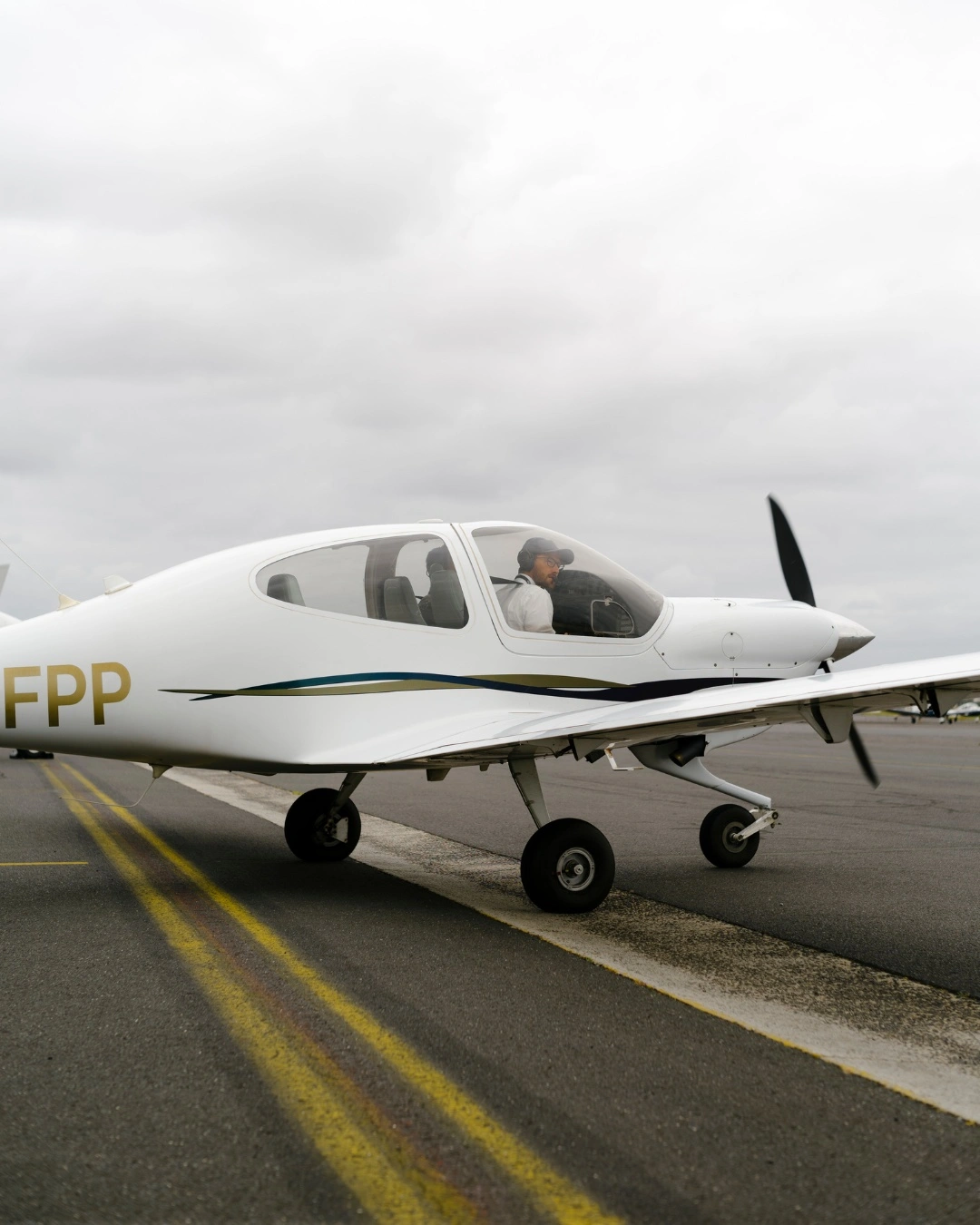The road to becoming a pilot is one of excitement, challenge and personal transformation. For those interested in how to become a pilot in Australia, the dream of flight takes root in that first flight or simulator session and, for those dedicated enough to follow the path to solo, it often leads to a Diploma of Aviation Melbourne or some other pathway of intensive, focused pilot training. But in addition to the obvious rewards of flight, earning your wings has its own unique challenges, and understanding them—along with how to overcome them—puts a student pilot on a smoother journey through their training.
1. The theory workload
For many, being overwhelmed by the quantity and complexity of theory work can come as something of a shock. The memorisation of weather theory, aerodynamics, air law, and navigation is only one part of the equation. Applying theory knowledge to real-life flying is often the greater challenge.
How to overcome it:
Divide up theory study into small, manageable blocks, use a flight simulator to make real-life connections between what you learn and what you will do in the air, and join a study group to bounce difficult concepts around and receive clarification and help.
A proven tip for successful student pilots is to draw connections between dry lecture classroom instruction and practical, flying-based lessons in every session.
2. Acquiring stick-and-rudder skills
Confidence can be high in the classroom, but when first sitting in a flying seat, reality can set in. Coordination, basic flying skills, maintaining altitude, and smooth, consistent landings are things a lot of students struggle with early on.
How to overcome it:
Practice is a must, and asking for feedback and tips after each lesson session is vital, as is asking an instructor to demonstrate manoeuvres that prove challenging. Students can also get a head start by practising and building muscle memory with flight simulation technology between flight training sessions.
3. Learning to overcome nerves and lack of confidence
Flight nerves are completely normal, even for confident people, at first take-offs, landings or check rides. The adrenaline and nerves will generally subside as a pilot gains confidence through experience, but poor flight performance will inevitably dent confidence in a student pilot, and can manifest in poor flight sessions later down the track.
How to overcome it:
Practice a growth mindset by learning from your mistakes and developing more self-compassion when things don’t go to plan. Mental preparation, breathing exercises and pre-flight planning with real-world, visualised checklists are tried-and-tested approaches to de-stress, develop resilience and stay calm and focused. Confidence grows as flying hours and experience increase.
4. Time management
Balancing training, whether on the ground, in a simulator or in a flight lesson, with work or other commitments can be a real challenge for student pilots.
How to overcome it:
Actively manage your time by treating training as a full-time job and breaking down a realistic weekly schedule that allows for class time, study, rest and physical exercise. Planning your training and study workload in advance of each week will avoid burnout and last-minute pressure.
5. Weather and decision-making
A student pilot’s first forays into checking weather and calling whether or not to fly in certain weather conditions is often underestimated. Weather is a big factor when it comes to flight delays, cancellations, and whether it is safe to fly at all, but decision-making under scrutiny of an instructor can be daunting.
How to overcome it:
Get to know your weather as early as possible in your training, and check forecasts before every lesson or flight. Discussing weather decisions with an instructor also means that, over time, decision-making will become second nature and develop into a set of the most important skills to take on during training.
6. Aviation radio communications
themselves having to speak clearly under pressure, listen to instructions, and maintain composure while operating complex aircraft and filing, or “filing”, flight plans.
How to overcome it:
Practice your communications outside of flights with online tools or asking another student pilot for help and feedback. Listening to live ATC (air traffic control) broadcasts is another tried-and-tested way to improve your radio skills by increasing your familiarity with callouts, cadence and terminology.
7. The costs of training
Aviation is an investment and, while the expense and return-on-investment of training, particularly a commercial pilot license, is top-of-mind for many students, managing the financial impact on daily life can be a constant battle.
How to overcome it:
Budget well and do your research on financing options such as VET Student Loans and scholarships. Completing lessons in short, consistent blocks, rather than stretching over longer periods, will also save money by maintaining your flying skill proficiency.
8. Flight tests
Flying under examination conditions is one of the most stressful learning challenges student pilots face during their training.
How to overcome it:
Develop confidence by approaching each flight test as a chance to show what you can do, rather than a test of perfection. Arrive calm, ask your CASA approved flight examiner questions and, as part of the preparation, use your pre-licence training flights to simulate flight test conditions as much as possible, to keep up pressure-handling skills.
Flight test results and examiner feedback are a goldmine of information and should be absorbed constructively, but training preparation and staying calm under pressure are the best ways to overcome test nerves.
9. Transitioning to a more complex aircraft
The transition from a basic trainer to a higher-performance, more complex aircraft can be a major stumbling block for students if they are not mentally and technically prepared for the increase in speed, new instrumentation, and greater workload demands.
How to overcome it:
Study the new aircraft systems in detail well before your first flight in the new trainer. Mentally rehearse all checklists and procedures prior to a flight, even if you are not the pilot flying in that lesson, also known as “chair-flying”, will pay dividends when you do make the switch.
10. Dealing with the learning plateau
All pilots hit a learning plateau at some stage in their training, but new students can be disheartened when progress seems to stall and they may not know what to do to get past it.
How to overcome it:
Learn to recognise that every student, even instructors, has their own pattern of peaks and plateaus in their learning curve. Stay the course, ask for different kinds of training and remind yourself of the bigger picture. Motivation returns with a different perspective and perseverance.
Continue Learning
Becoming a pilot is as much about perseverance as it is about skill. Each challenge faced during training, from mastering radio calls to budgeting for lessons, teaches resilience, discipline, and problem-solving. Whether you’re exploring how to become a pilot in Australia, beginning with a Diploma of Aviation in Melbourne, or working toward your first solo flight, remember that every pilot before you has faced these same hurdles.
.




